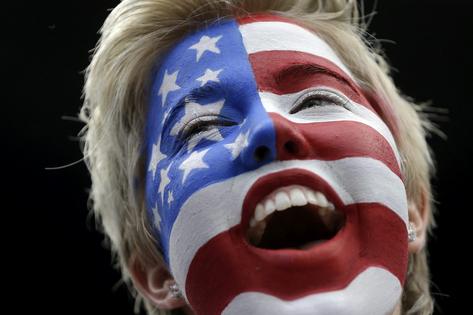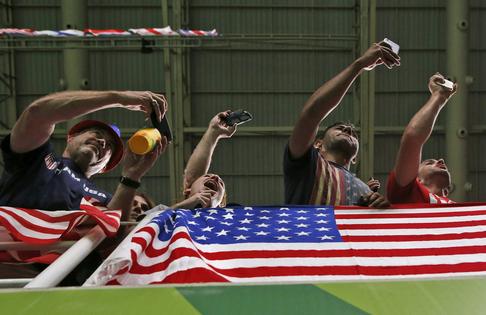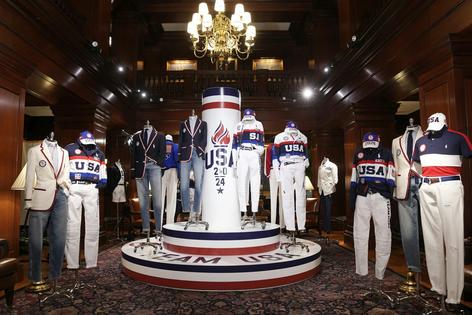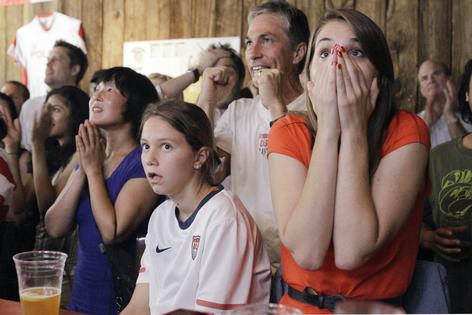Fandom usually means tracking your favorite team for years − so why are the Olympics so good at making us root for sports and athletes we tune out most of the time?
Published in News & Features
Every four years, millions of Americans join billions of their fellow humans across the globe to celebrate the astonishing athletic feats at the Summer Olympics.
Warm-weather sports such as swimming and track that usually don’t capture much attention in U.S. media suddenly vault to the forefront. National teams compete in world championships every year, but it is only at the Olympics that casual fans root on the red, white and blue.
Why do the Olympics capture our attention in a way that nothing but soccer’s World Cup can approximate? And why does our nationalist rooting extend to sports that are otherwise obscure?
As a sports studies scholar with a special interest in fandom, I have found that sporting affiliations are fundamental to millions of people’s sense of identity. For many Americans, being a Packers or a Lakers or a Notre Dame fan is the primary way they identify themselves, before their job, religion or ethnic heritage. They organize their lives around the schedules of their chosen teams, adorn their bodies to show their support and build a community of friends among fellow enthusiasts.
Fundamentally, I have argued, this is a process of storytelling, weaving a team’s triumphs and struggles together with details from fans’ own lives.
Much like a religious community, fans also like to see their values reflected in the team and its stars, cherishing athletes who show like-mindedness to particular causes via community service or charitable giving.
In both cases, these meaningful connections are made via long-standing connections between athletes and fans – imagined relationships built over months, years and even decades.
Unlike most team allegiances, the Olympics are not a day-to-day or seasonal pursuit. They come into Americans’ lives in intense two-week bursts every few years, filling viewers with wonder as they watch athletes, most of whom they don’t recognize. It’s a very different type of sports story. So why do spectators feel so connected with players and fellow fans?
To explain the potency of sports affiliation, scholars often cite political scientist Benedict Anderson’s idea of “imagined communities.”
Anderson hypothesized that human beings like to feel connected to a larger group, even if that group becomes so big that it is mostly made up of people we do not know personally – like an entire nation.
...continued















Comments